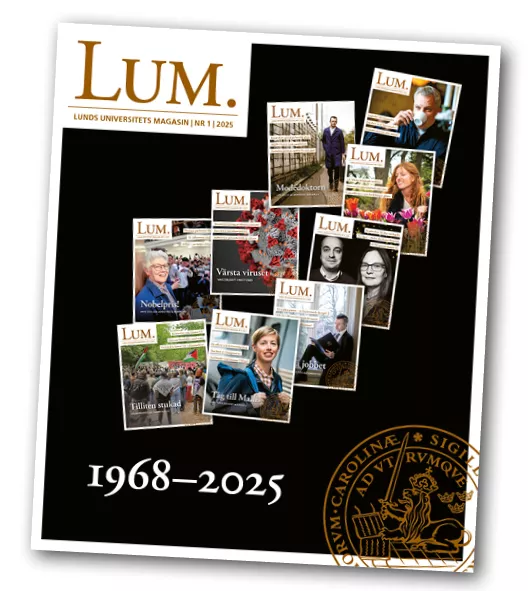It is late on a Thursday afternoon and genial murmurs are spreading through the Pufendorf Institute in Lund. People are networking after the day’s interdisciplinary conference at which the city’s public spaces were discussed from various angles. Leonard Muyambo, one of the participants in the SI-funded programme on sustainable cities, thought the conference was fantastic.
“It’s of great benefit to listen to all these lectures by researchers at a highly-ranked university. I feel very inspired and will take this back with me to Zimbabwe where I plan for the development of urban parks.”
His fellow participant from Indonesia on the course, Nurul Izzati, a lecturer at the Sumbawa University of Technology, agrees.
“The lectures gave me new perspectives, including the historical view. It gave me something to think about when I heard how difficult it was in the past for women to actively take part in society.”
Projects for change to promote sustainable societies
At the venue, the programme participants put up posters about their projects for change to promote sustainable cities and societies in their own countries. Nurul Izzati talks about how she and the other Indonesians in the group want to work on a project for change concerning waste management, and will be doing that during the programme.
“We recognise the enormous problem of plastic and refuse in Sumbawa and throughout Indonesia. We would like to get the population to start sorting their refuse with potential results including plastic recycling.”
In the building opposite, Wrangel, the African participants from the programme Land is Life have gathered for a communal welcome dinner. There is a high-spirited atmosphere. They already know each other, as they have completed a two-week programme module in Kenya, at which researchers and commissioned education staff from LU were present.
Tawonga Chihana, a lawyer from Malawi, says that she feels satisfied after the discussion in Kenya and the day’s exercises here in Lund.
“It’s very enriching to meet all these people from different sectors, who each contribute different types of knowledge. We, for example, have a geologist in the group, an environmental researcher and an environmental lawyer. It challenges your way of thinking and you learn a lot.”
Thanks to the programme, which aims to develop the capacities of future leaders in East Africa, focusing on ecosystems and biodiversity, she has been spurred to start working on the climate issue in Malawi. She has introduced these ideas in the organisation she works for, which is now looking at ways it can contribute.
“It’s so quiet! I love Lund!
On being asked what she thinks about Lund, she laughs and says that it is certainly a lot different from what she is used to.
“It’s so quiet! I love Lund!
William Okoyo, climate change specialist from Kenya concurs.
“The city is both safe and clean – and friendly. You feel at home. No anxiety or stress!”
Both of them talk about how impressed they were by the Öresund Bridge when they arrived in Sweden. William Okoyo is fascinated by the fact that a tunnel has been built under the sea.
“That’s something you only read about!”
Footnote: The programme Sustainable, Inclusive and Climate-Resilient Cities is presented by the Centre for Environmental and Climate Research (CEC) and the Raoul Wallenberg Institute in cooperation with Lund University Commissioned Education (LUCE).
The programme Land is Life is presented by the Lund University Centre for Sustainability Studies (LUCSUS) in cooperation with four other departments at LU and LUCE.






